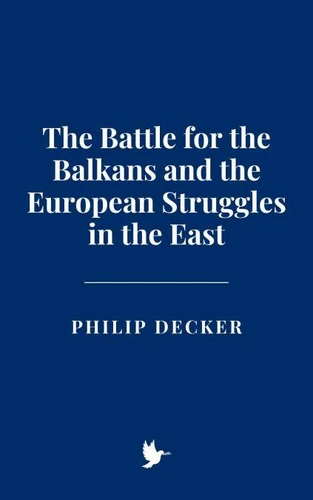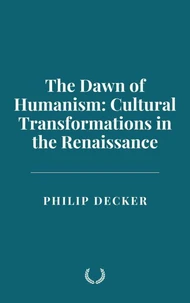The Battle for the Balkans and the European Struggles in the East
Par :Formats :
Disponible dans votre compte client Decitre ou Furet du Nord dès validation de votre commande. Le format ePub est :
- Compatible avec une lecture sur My Vivlio (smartphone, tablette, ordinateur)
- Compatible avec une lecture sur liseuses Vivlio
- Pour les liseuses autres que Vivlio, vous devez utiliser le logiciel Adobe Digital Edition. Non compatible avec la lecture sur les liseuses Kindle, Remarkable et Sony
 , qui est-ce ?
, qui est-ce ?Notre partenaire de plateforme de lecture numérique où vous retrouverez l'ensemble de vos ebooks gratuitement
Pour en savoir plus sur nos ebooks, consultez notre aide en ligne ici
- FormatePub
- ISBN8230567721
- EAN9798230567721
- Date de parution14/03/2025
- Protection num.pas de protection
- Infos supplémentairesepub
- ÉditeurIndependently Published
Résumé
The Balkans, often referred to as the "Powder Keg of Europe, " has earned its ominous moniker from centuries of ethnic, religious, and political turmoil that turned the region into a volatile battleground. This was not merely a result of geography but a product of deeply ingrained historical, cultural, and ideological tensions. From the fall of the Byzantine Empire and the rise of Ottoman rule to the nationalist movements that arose in the 19th century, the Balkans have been at the crossroads of Europe, Asia, and Africa, an area constantly contested by empires, kings, and revolutionaries alike.
The crucible of this region has produced significant forces shaping European history, often violently, but also contributing to the rise of modern ideas about sovereignty, ethnicity, and nationalism.
The crucible of this region has produced significant forces shaping European history, often violently, but also contributing to the rise of modern ideas about sovereignty, ethnicity, and nationalism.
The Balkans, often referred to as the "Powder Keg of Europe, " has earned its ominous moniker from centuries of ethnic, religious, and political turmoil that turned the region into a volatile battleground. This was not merely a result of geography but a product of deeply ingrained historical, cultural, and ideological tensions. From the fall of the Byzantine Empire and the rise of Ottoman rule to the nationalist movements that arose in the 19th century, the Balkans have been at the crossroads of Europe, Asia, and Africa, an area constantly contested by empires, kings, and revolutionaries alike.
The crucible of this region has produced significant forces shaping European history, often violently, but also contributing to the rise of modern ideas about sovereignty, ethnicity, and nationalism.
The crucible of this region has produced significant forces shaping European history, often violently, but also contributing to the rise of modern ideas about sovereignty, ethnicity, and nationalism.























